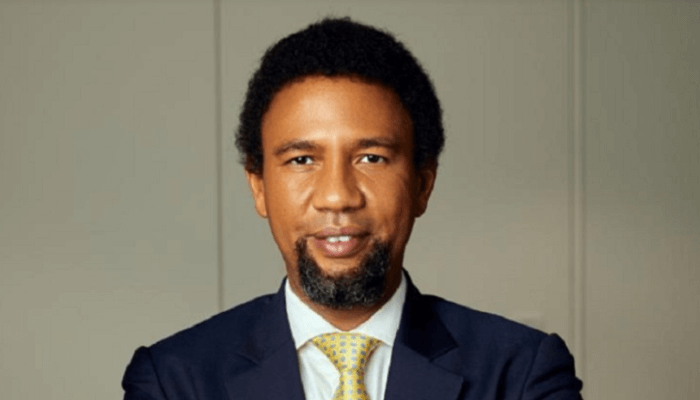Telecommunication operators requested for a 100 percent increase in their tariffs, Karl Toriola, the chief executive officer of MTN Nigeria, has disclosed.
He, however, noted that the Nigerian Communications Commission (NCC) is unlikely to approve that quantum of increases as it is sensitive to the country’s current economic situation.
“But we are hopeful and optimistic that the realities are staring us in the face and the right decision will be taken for the sustainability of the industry,” he said on Arise TV on Thursday.
According to the MTN boss, the telecom sector currently has a problem with sustainability, with inflation and the naira’s devaluation driving up operating costs. He noted that the authorities are well aware of the situation and are in the process of addressing it. Telcos have been pushing for an upward review of tariff prices for the past decade, but in 2022, they proposed a 40 percent hike.
Read also: Telcos pin growth hopes on tariff increase in 2025
However, record losses since 2023 after a significant devaluation of the naira have further compounded telcos’ woes, increasing their requests for tariff hikes. After losing N137 billion in 2023, MTN declared N514.93 billion as a loss for the nine months ending September 2024, despite a 33.7 percent growth in service revenue to N2.37 trillion. Similarly, Airtel’s revenue fell by 46.9 percent to $755 million during the same period.
Toriola, CEO of MTN, recently emphasised, “There should be no delusion; if the tariff doesn’t go up, we will shut down.”
After a stakeholder meeting in December, Gbenga Adebayo, chairman of the Association of Licensed Telecommunications Operators of Nigeria (ALTON), stated, “If nothing is done, we might begin to see in the new year grim consequences unfolding, such as service shedding; operators may not be able to provide services in some areas and at some times of the day leaving millions disconnected.”
On Thursday, Toriola explained that the sector is currently facing an issue of sustainability, not profitability, as it can no longer afford its operational costs.
“The costs we are expending are exceeding our revenue even though we are seeing revenue growth. There is no way the industry can continue to sustain itself and provide the required quality service under this structure,” he stated.
According to industry stakeholders, the fate of the telecoms industry in 2025 will be shaped by tariff conversations. There are indications that the regulator is set to approve increases, with the CEO of a tier-one telecom company telling BusinessDay, “It has not been approved, but they are likely to do it soon.”
Bosun Tijani, the minister of Communications, Innovation and Digital Economy, recently acknowledged, “We think there may be a need for that.”
He noted, “Beyond the conversation about increase in tariff, which is what everyone has been talking about, yes, there may be a need for it, but there is so much that we need to do as a country to ensure that the sector is competitive.”
